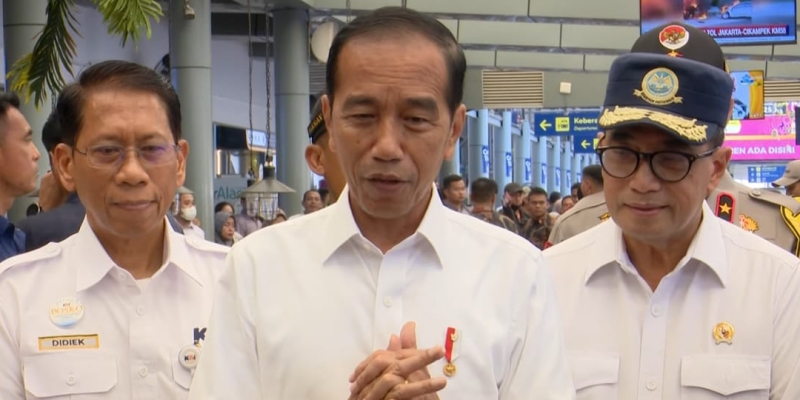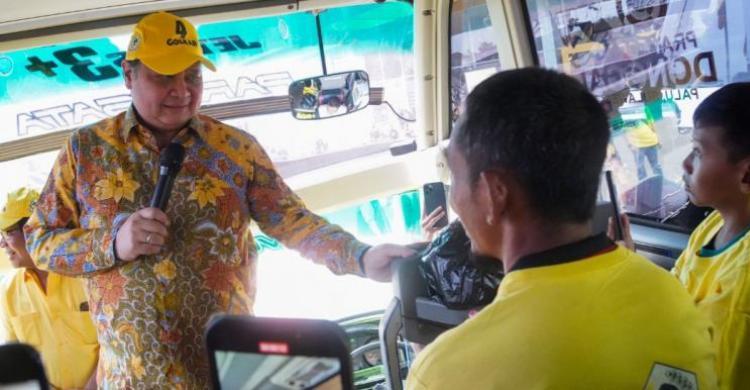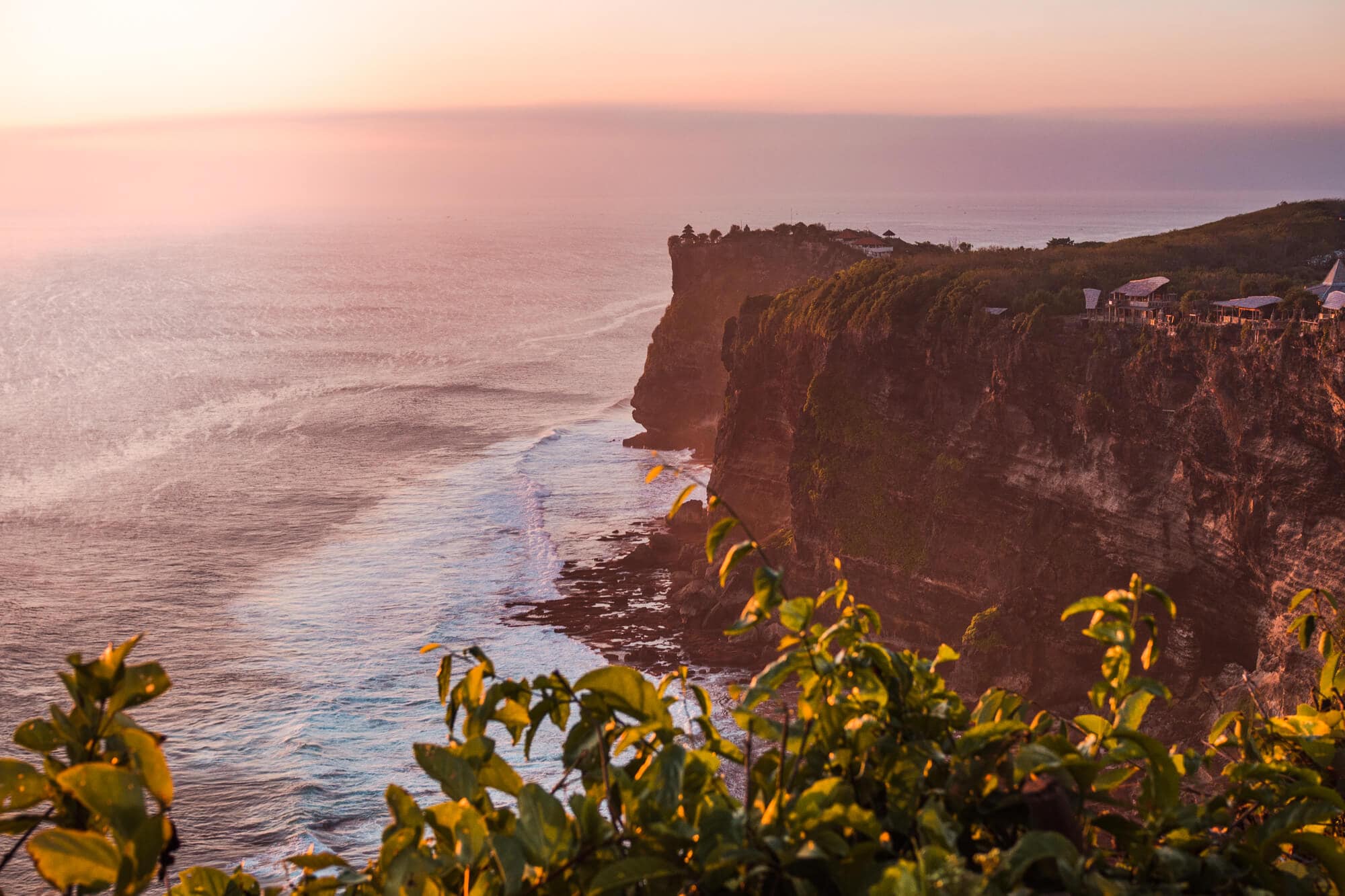

Step into the world of Joko Widodo, affectionately known as Jokowi, as we delve into his final year in power and the vibrant Eid celebrations in Jakarta. Join us on a journey through the significance of Eid in Indonesia, the impact of COVID-19 on festivities, and the changes Jokowi has spearheaded to enhance these cherished traditions. Let’s explore the challenges he faces in his last term, along with the public’s expectations for this momentous occasion. Get ready to discover how politics and culture intertwine during Jokowi’s last Eid as President!
The significance of Eid in Indonesia and Jakarta
Eid holds immense significance in Indonesia, particularly in Jakarta, where the largest Muslim population gathers to celebrate this joyous occasion. It is a time of spiritual reflection, gratitude, and community bonding. The streets come alive with colorful decorations, traditional music fills the air, and families prepare special dishes to share with loved ones. For many Indonesians, Eid symbolizes unity and harmony among people of diverse backgrounds coming together to commemorate their faith. It’s a time when generosity towards the less fortunate takes center stage through charitable acts like giving alms or distributing food packages.
In Jakarta specifically, Eid brings about a sense of shared cultural identity that transcends social divides. Families visit mosques for prayers and exchange heartfelt greetings while children excitedly anticipate receiving gifts or “duit raya” from elders. Eid in Indonesia is more than just a religious festival; it’s a celebration of tradition, love, and communal spirit that unites people across the nation during this festive season.
Impact of COVID-19 on Eid celebrations in Jakarta
The COVID-19 pandemic has significantly impacted Eid celebrations in Jakarta, Indonesia. With restrictions on gatherings and travel, the usual festive atmosphere during Eid has been subdued. Families had to adapt by celebrating within their households or through virtual means, missing the communal spirit that usually characterizes this holiday. Traditional activities such as visiting loved ones, attending prayers at mosques, and sharing meals with neighbors have been limited due to health regulations. This change in dynamics has forced people to find innovative ways to connect with their community while maintaining social distancing protocols.
Despite these challenges, Jakarta residents have shown resilience and creativity in finding alternative ways to celebrate Eid safely. From organizing online prayer sessions to delivering food packages to those in need, the community has come together despite the physical distance between them. As we navigate through these uncertain times, it is essential to remember the true essence of Eid – a time for reflection, gratitude, and compassion towards others. Though different from previous years, this unique celebration highlights the strength and unity of the Indonesian people during challenging times like these.
Changes made by Jokowi during his presidency to improve Eid celebrations
Joko Widodo, widely known as Jokowi, has made significant changes during his presidency to enhance Eid celebrations in Indonesia. Under his leadership, efforts were made to improve infrastructure and transportation systems to accommodate the large number of people traveling for Eid gatherings. Jokowi also focused on reducing traffic congestion in Jakarta during Eid by implementing various initiatives such as developing new roads and improving public transportation options. These changes aimed to make it easier for families and friends to come together and celebrate this important holiday.
Furthermore, Jokowi’s administration worked towards ensuring that essential services like healthcare facilities and emergency response units were readily available during Eid festivities. This proactive approach helped create a safer environment for citizens celebrating the holiday across Jakarta. Jokowi’s dedication to enhancing Eid celebrations reflects his commitment to improving the quality of life for Indonesians throughout his presidency.
Challenges faced by Jokowi during his last year in power
As Joko Widodo, commonly known as Jokowi, approaches his final year in office as the President of Indonesia, he is met with various challenges that test his leadership. One of the key hurdles faced by Jokowi is navigating the economic impacts of the ongoing COVID-19 pandemic, which have strained Indonesia’s financial stability and led to increased unemployment rates.
Furthermore, politic tensions and social unrest within the country pose significant obstacles for Jokowi during this crucial period. Balancing the diverse needs and demands of different societal groups while maintaining stability and unity becomes increasingly complex in his last year in power. Moreover, environmental issues such as deforestation and pollution continue to plague Indonesia, requiring sustainable solutions that must be implemented promptly. Jokowi faces pressure to address these pressing concerns effectively before his term comes to an end.
Public’s expectations for Jokowi’s final Eid as President
With Joko Widodo entering his last year in power, the public’s expectations for his final Eid as President are running high. Indonesians anticipate a grand celebration that reflects unity and harmony across the diverse archipelago. Citizens look forward to witnessing how Jokowi will address the challenges brought about by the pandemic during this significant religious holiday. There is hope that he will prioritize safety measures while ensuring that the spirit of Eid remains undiminished.
As Jakarta gears up for the festivities, people eagerly await announcements from the government regarding any special initiatives or programs aimed at enhancing their Eid experience. The public expects Jokowi to leave a lasting legacy with memorable celebrations that resonate with all Indonesians. In anticipation of Jokowi’s final Eid in office, there is a sense of nostalgia mixed with excitement as citizens prepare to bid farewell to a president who has left an indelible mark on Indonesian politics and society alike.
Conclusion
Joko Widodo, affectionately known as Jokowi, has been a prominent figure in Indonesian politics during his presidency. As he approaches his last year in power, the significance of Eid celebrations in Jakarta and Indonesia remains paramount. Despite the challenges posed by COVID-19, Jokowi has strived to improve Eid festivities throughout his time in office. The impact of the pandemic has undoubtedly altered how Eid is celebrated in Jakarta and beyond. However, with strategic changes implemented by Jokowi over the years, including infrastructure development and social welfare programs, the spirit of unity and joy during Eid remains resilient.
As Jokowi enters his final term as President, expectations are high for him to address remaining challenges effectively. The public looks forward to celebrating Eid under his leadership one more time before he steps down from office. Jokowi’s last year in power promises to be significant not only for Indonesia but also for Jakarta specifically during Eid celebrations. As he navigates through this pivotal period, Indonesians eagerly anticipate how their beloved leader will uphold traditions while steering the nation towards progress and prosperity.







